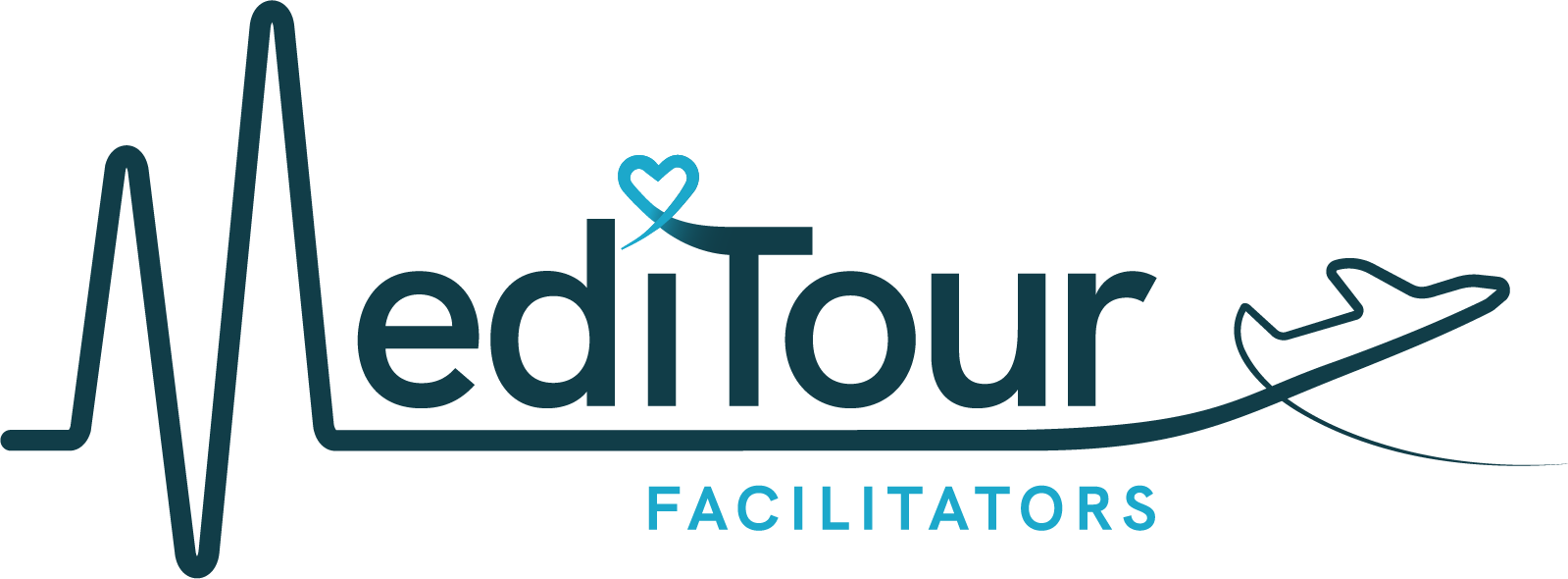Most Americans Find it Difficult to Pay their Healthcare Bills
Health care costs are an ever-present concern for many Americans, and recent research sheds light on the extent of the financial strain caused by these rising expenses. The KFF Issue Brief titled “Americans’ Challenges with Health Care Costs” explores the ways in which these costs affect individuals and families across the United States. From skipping treatments to struggling with debt, this article provides a comprehensive look at the human impact of an expensive health care system.
The Burden of High Out-of-Pocket Costs
The issue brief highlights that about 4 in 10 adults (41%) report difficulty affording health care. This includes routine care like doctor visits as well as prescription drugs, dental services, and mental health care. The financial strain is even more pronounced for people with lower incomes; 61% of households earning less than $40,000 annually struggle to afford health care, compared to just 25% of those earning $90,000 or more.
Skipping or Delaying Care
Many Americans are skipping or delaying medical treatments due to high costs. According to the data:
- 29% of adults have put off medical care in the past year because of the expense.
- 35% of adults with chronic conditions like diabetes or heart disease have delayed treatment, which could lead to worsening health outcomes.
- About 24% of adults have skipped filling a prescription due to its cost.
These delays and missed treatments often have serious consequences, as conditions that could have been managed early become more severe and expensive to treat over time.
Medical Debt and Financial Strain
Medical debt continues to weigh heavily on many Americans. The report found that nearly 100 million adults (41% of the population) currently have health care debt or have experienced it in the past. Of these:
- 21% of people with medical debt owe $1,000 or more.
- 12% owe at least $2,500.
This financial burden frequently forces families to make difficult sacrifices, such as cutting back on food, utilities, or housing payments, to cover medical bills.
Disparities in Access and Affordability
The financial strain of health care is not evenly distributed. The report highlights significant disparities:
- 56% of Black adults and 50% of Hispanic adults report difficulty affording health care, compared to 37% of White adults.
- People without employer-sponsored insurance face even steeper challenges. For example, 75% of uninsured adults say they cannot afford medical bills, compared to 50% of insured adults.
These inequities exacerbate existing health disparities, making it harder for marginalized groups to access necessary care.
Prescription Drug Costs
Prescription drug costs remain a significant barrier for many Americans:
- 24% of adults say they have difficulty affording their medications.
- The problem is especially acute for those with chronic illnesses, who often require multiple prescriptions to manage their conditions.
For those without insurance or with limited coverage, high drug prices often mean skipping doses or stopping treatment altogether, with serious health consequences.
Employer-Sponsored Insurance: A Double-Edged Sword
While employer-sponsored insurance covers the majority of working Americans, it often comes with high out-of-pocket costs. In 2023:
- The average deductible for single coverage is $1,735, up 10% over five years.
- 29% of insured adults say they are still struggling to afford their health care costs, even with coverage.
The rising premiums and deductibles for employer-sponsored plans mean that workers are shouldering more of the financial burden than ever before.
What Needs to Change?
There is an urgent need for policy reforms to address health care affordability. Potential solutions include:
- Expanding Coverage: Programs to increase access to insurance for the uninsured or underinsured.
- Price Regulation: Policies to cap drug prices and standardize the cost of medical services.
- Strengthening Financial Protections: Limiting out-of-pocket costs and ensuring that health insurance provides meaningful coverage.
Such changes could ease the financial burden on millions of Americans while improving health outcomes across the board.
Citations
This blog post is based on the issue brief “Americans’ Challenges with Health Care Costs,” published by KFF (Kaiser Family Foundation) on March 10, 2023. All rights to the original content belong to KFF. The full article can be accessed at: https://www.kff.org/health-costs/issue-brief/americans-challenges-with-health-care-costs/.



